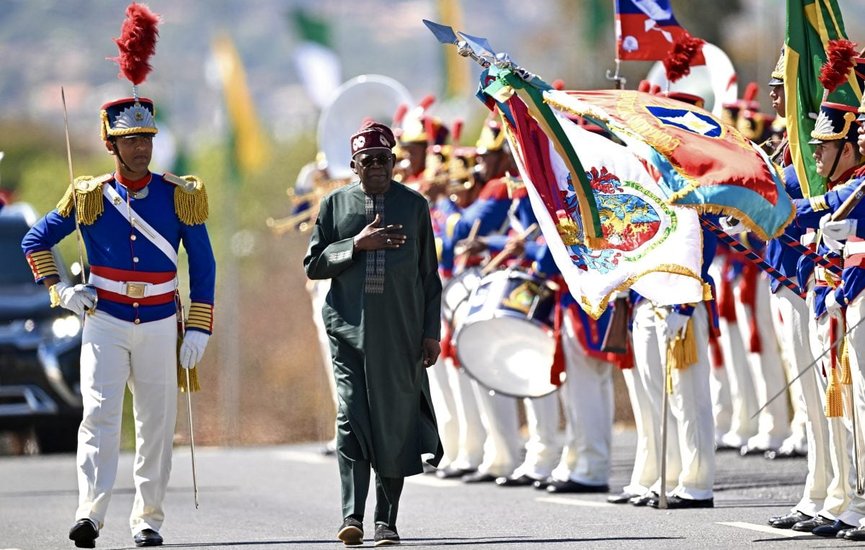Nigeria’s economy is showing signs of a fragile but determined recovery in late 2025, following a series of painful reforms that tested the resilience of its citizens and institutions. The removal of fuel subsidies, liberalization of the exchange rate, and aggressive monetary tightening initially triggered widespread hardship, with soaring inflation and a sharp decline in purchasing power. President Bola Ahmed Tinubu described these measures as “a painful surgery,” necessary to restore long-term health to the economy. Now, with early indicators pointing toward growth and stability, cautious optimism is beginning to take root.
Recent data reveals that Nigeria’s GDP grew by 4.23% in the second quarter of 2025, marking the highest rate in four years and a notable improvement from 3.13% in the first quarter. This growth was driven by strong performances in agriculture, industry, and services, signaling a broad-based recovery. The oil sector, which had long struggled with production volatility and underinvestment, rebounded with an average output of 1.68 million barrels per day in Q2, a 19.1% increase compared to the same period in 2024. Its contribution to GDP rose slightly from 3.97% to 4.05%, reflecting renewed investor confidence and operational improvements.
Beyond oil, non-oil sectors are gaining momentum. Coal mining, which had contracted for four consecutive quarters, surged by 57.53%, while rail transport and energy also posted significant gains. These developments suggest that Nigeria’s diversification efforts are beginning to bear fruit, even as structural challenges persist. Inflation, once a major concern, has started to ease, prompting the Central Bank of Nigeria to lower its benchmark interest rate by 50 basis points to 27%. This shift marks a transition from crisis containment to cautious support for growth, with inflation projected to fall to 21.46% by year-end.
The naira has also shown signs of stabilization, supported by improved liquidity and rising foreign reserves. However, the road ahead remains steep. Food and transport costs continue to strain household budgets, and public debt has climbed to ₦149.4 trillion, a 22.8% increase year-on-year. In response, the government introduced four major tax reforms in June 2025 aimed at boosting non-oil revenue and streamlining tax administration. Foreign investment is slowly returning, with capital importation rising 67.1% year-on-year, though much of it remains concentrated in short-term portfolio flows rather than long-term commitments.
The World Bank has urged Nigeria to build a cost-effective safety net for vulnerable populations, funded by savings from subsidy removals and exchange rate reforms. It also cautioned against overreliance on volatile capital inflows, which could destabilize the naira and undermine non-oil growth. As Nigeria continues its long journey toward renewal, the focus is shifting from emergency measures to sustainable development, inclusive growth, and resilience-building. The coming months will test whether the foundations laid by reform can support a more equitable and prosperous future.
